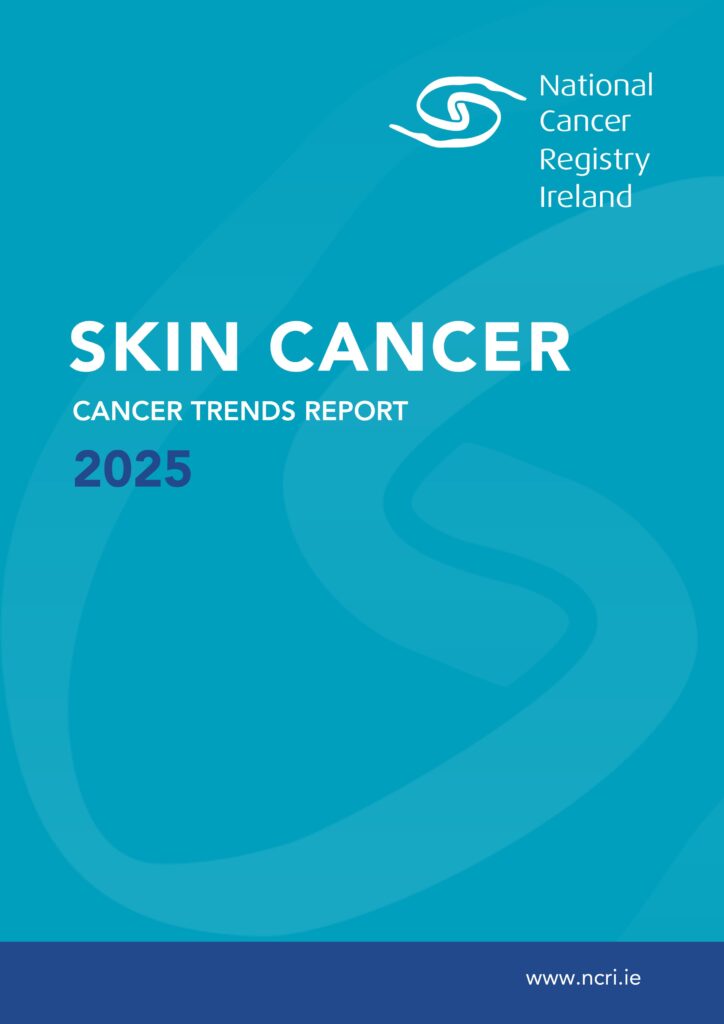To mark World Atopic Eczema Day 2024 (14 September) the ISF have launched a new information video, a workshop and ‘How to’ session on ‘Atopic Eczema Emollient Therapy’.
Emollient (moisturiser) therapy is often used to manage a number of skin conditions, such as eczema and psoriasis. However, with such a wide variety of emollients available on the market today, the we are often asked what is available and how best to use emollients.
In the below workshop, Sheila Ryan, Dermatology Advanced Nurse Practitioner, University Hospital Limerick, Ireland, discusses the different types of emollients used to treat eczema and answers audience questions about ointments, creams and lotions.
For more videos on eczema check out our playlist on our YouTube Channel.
The ISF is committed to improving the lives of patients with skin conditions worldwide, in raising awareness and understanding of the impact of eczema on people’s lives. While emollient therapy remains the cornerstone treatment for eczema, the ISF is keen to help people re-engage with managing the condition and learn about new treatments available.
As a founding member of GlobalSkin, (The International Alliance of Dermatology Patient Organizations) which is a unique global alliance serving patient organizations, the focus is always on improving the lives of dermatology patients worldwide in promoting skin patient-centred research, advocacy and support.
CAUTION: This article mentions ‘emollients’ (moisturisers). According to the British Association of Dermatologists: “Emollients, creams, lotions and ointments contain oils which can catch fire. When emollient products get in contact with dressings, clothing, bed linen or hair, there is a danger that a naked flame or cigarette smoking could cause these to catch fire. To reduce the fire risk, patients using skincare or haircare products are advised to be very careful near naked flames to reduce the risk of clothing, hair or bedding catching fire. In particular smoking cigarettes should be avoided and being near people who are smoking or using naked flames, especially in bed. Candles may also risk fire. It is advisable to wash clothing daily which is in contact with emollients and bed linen regularly”.
If you need guidance or support about managing a skin condition, contact the Irish Skin Foundation’s Ask-a-Nurse Helpline












